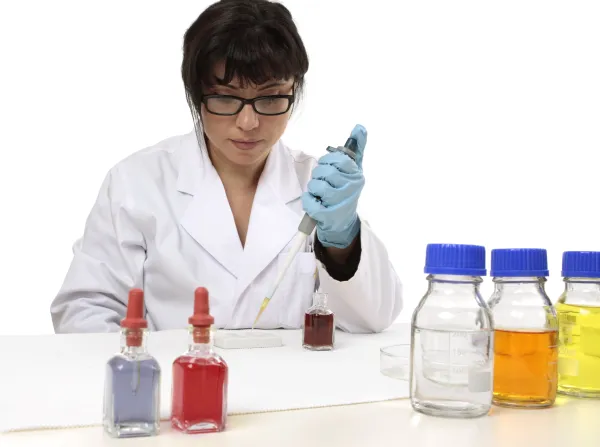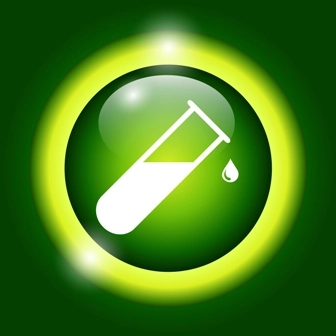Take Advantage of 14-Day Rule Change
Bill directly for molecular tests. If you bill for molecular or certain other tests, Jan. 1 brought you a reprieve from a billing conundrum that developed thanks to Medicare's Date of Service (DOS) rules. Let us help you unpack the change and learn what it means for your lab, based on the CMS 2018 Outpatient Prospective Payment System (OPPS) final rule. Understand 14-Day Rule Medicare's general guidance on the DOS for lab tests is to use the date the specimen is collected, except for "archived specimens" (those stored more than 30 days before testing), in which case the DOS is the date you obtain the specimen from storage. Problem: Labs may perform certain tests, such as molecular pathology testing of tumor tissue, following hospital discharge, but before 30 days pass. For hospital outpatients, billing a test with the same DOS as the hospital stay means that the hospital must bill Medicare for the test, and the lab must make arrangements to collect payment from the hospital. Solution: CMS established the 14-day rule to distinguish laboratory tests performed as part of post-hospital care from the care a beneficiary receives in the hospital. When the 14-day rule applies, laboratory tests are not bundled into the hospital stay, but are instead paid separately under Medicare Part B. That means the lab can bill Medicare directly for the test. Under the original 14-day rule, you could report the DOS as the test-performance date instead of the specimen collection date if you met all of the following conditions: Learn the Updated Terms The 14-day rule created problems of its own, according to stakeholders. For instance, in a letter to CMS, Michael J. Bennett, PhD, FRCPath, FACB, DABCC President of the American Association for Clinical Chemistry (AACC) claimed that the policy "has created several administrative and financial problems for hospitals and commercial laboratories, such as: Other stakeholders have expressed concern that the 14-day rule encourages providers to delay ordering tests until 14 days after the hospital stay to avoid billing difficulties. Such a delay may negatively impact patient care. Response: CMS revised the 14-day rule for certain categories of tests to address these concerns. Effective Jan. 1, if you're billing for a molecular pathology test or a Criterion (A) Advance Diagnostic Laboratory Test (ADLT) excluded from the OPPS packaging policy, you should report the DOS as the procedure-performance date if you meet the following criteria: Tip: The hospital will no longer bill Medicare for these tests, and the laboratory will no longer have to seek payment from the hospital. Instead, the performing laboratory should bill Medicare Part B directly for the test. Glossary: CMS defines a Criterion (A) ADLT like this: "The test is an analysis of multiple biomarkers of deoxyribonucleic acid (DNA), ribonucleic acid (RNA), or proteins; when combined with an empirically derived algorithm, yields a result that predicts the probability a specific individual patient will develop a certain condition(s) or respond to a particular therapy(ies); provides new clinical diagnostic information that cannot be obtained from any other test or combination of tests; and may include other assays."




